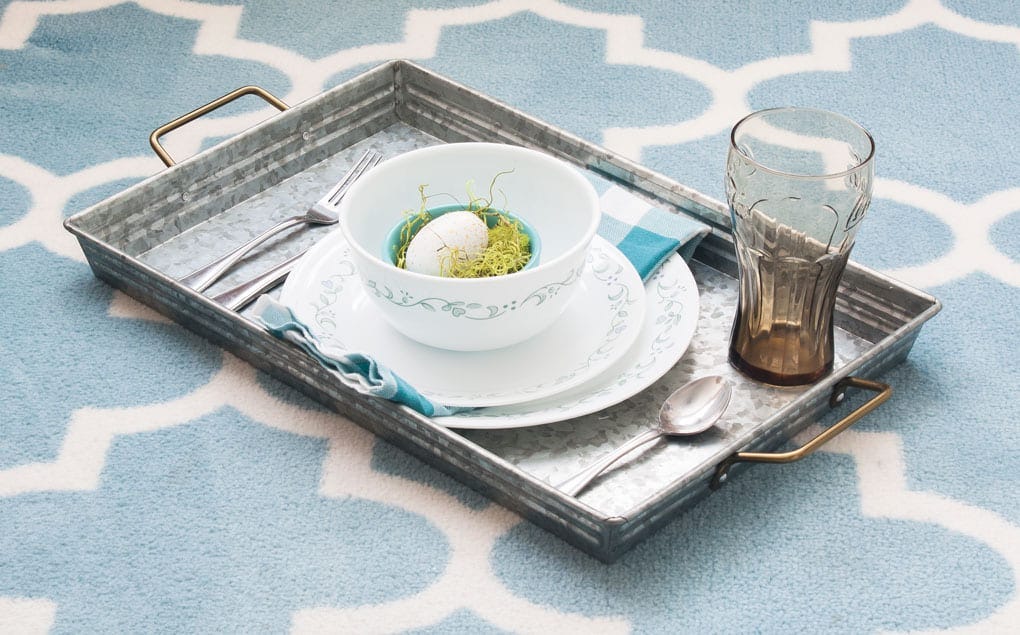Growing Old Is Humbling
Accompanying ourselves as we are
Over the holidays I spent some time in Boise, Idaho with my daughter-in-law’s family, and being close to the mountains we all went skiing for a day. I consider myself a confident and elegant skier. I started skiing at age six, because back then - growing up in Austria - it was like learning to ride a bicycle, nearly everybody did it. That’s probably changed because, now even in Austria, skiing has become much less affordable.
My day of connecting with the prowess of my younger years was a humbling experience. At the ski rental place, I stated, without hesitation, that I was an advanced skier. Once on the slope I quickly realized my status had changed. Okay, I hadn’t skied for about eight years; the visibility was very poor as a thick layer of fog hung over the mountain; the slopes were poorly groomed, and there had been a fresh snow dump overnight. But still, I am used to taking some handicaps in my stride.
It was humbling to see that my body was not a reliable anchor anymore. I became super winded even though I am a runner. Instead of elegant, tight turns with skis close together, I took a long time between turns and my skis were not closely coordinated, making it much harder to get into a good rhythm. Additionally, I fell three times and once my son had to heave me up and I felt like a bug on his back - unable to get onto my feet without help.
As we get older, we need to forge a new relationship with our bodies and our surroundings, the physical world we live in, and the people we interact with. Many of us have figured out, over time, how to accompany ourselves as we are; however, as we get older we need to figure this out anew, when the periodic shifts of an aging body and mind occur. Often it catches us by surprise because, like my recent skiing debacle, we have a mental image of our physical self, an assumed identity that does not align with reality anymore. But instead of downgrading ourselves because of these changes, how can we accompany ourselves as we are now and in the future?
This was the topic of our monthly Mindful Self Compassion group last Saturday. The first step is to be compassionate with ourselves, maybe find additional anchors for our self-worth besides our physical body and then create a caring context for our life.
A caring context for our life could mean, for my benign example, only to go skiing when the sun shines, the slopes are groomed and the runs are not Black Diamond. By choosing the right context, I would probably ski better, feel stronger and more joyful by choosing the right context. And one day, my caring context might be to go on a walk in the snow instead of strapping on skis. Of course, creating a caring context becomes much more challenging when faced with a health issue that impacts daily life.
As an architect I often think of how to create a caring home. The first thing is to recognize that our home has the potential to be a caring space and then assess what changes this might entail. For instance, if you find yourself needing to get up frequently at night, you might consider moving your bed closer to the bathroom or installing a string of lights to help guide you on your nightly journeys.
Or if you find yourself losing your appetite and mealtime becomes a chore, consider lightening the load by asking friends to bring a meal and to join you, just as my 90-year-old friend did recently when she set up a “meal train”. However, even if you're dining solo, creating a welcoming atmosphere can make all the difference: set a beautiful table and choose a comfortable chair that invites you to linger, so you are turning a mealtime into a moment of care and self-compassion.
And yes, there will be moments when you lose yourself and when creating a caring context is not in your capacity. What helps then is to remember that you have practice in doing this. And maybe this gives you confidence that you will be able to do it again, and in the meantime, be compassionate with who you are in this moment.
(Many thanks for the inspiration for this article to my Mindful Self Compassion teacher and friend David Fredrickson)




Susanne, Bill, John Milford, and all,
Thank you for learning and sharing the best truth you can too. Please see/share our research from Captain Rob Balsamo, Captain Dan Hanley, Amber Quitno, Prof. Tony Martin, Prof. Graeme MacQueen, Dr. Paul Craig Roberts, and others and help us improve it if you can. Thank you!
https://michaelatkinson.substack.com/
Sincerely,
Michael
🦖
Really resonates for me right now. Thank you for writing this piece.